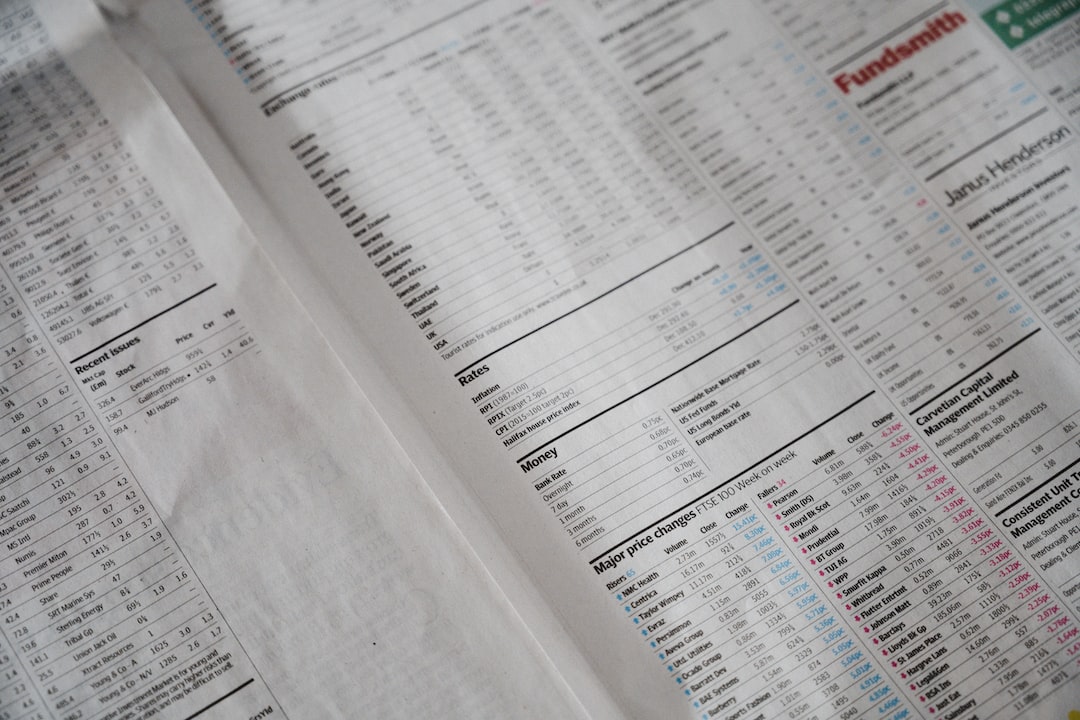The Pros and Cons of Renting vs. Buying a Home
When it comes to choosing a place to live, one of the most significant decisions people face is whether to rent or buy a home. Both options have their own set of advantages and disadvantages, and understanding them is crucial before making a final decision. In this blog post, we will explore the pros and cons of renting and buying a home, giving you a better understanding of which option might be right for you.
Renting a home certainly comes with its own set of benefits. One of the main advantages is financial flexibility. When you rent, you are not tied down to a long-term financial commitment. Renting allows you to move out relatively quickly and with minimal hassle, making it a more suitable choice for individuals who frequently change jobs or need to relocate frequently. Furthermore, the upfront costs for renting are typically lower compared to buying a home. In most cases, a security deposit and the first month’s rent are the only initial expenses, which makes renting an appealing option for individuals who don’t have substantial savings or are not ready to invest in a property.
Additionally, renting a home often comes with fewer maintenance responsibilities. As a renter, you don’t have to worry about repairs or property taxes. These responsibilities are typically the landlord’s responsibility. This can be a significant advantage, especially for those who do not have the time or skills to handle maintenance tasks. Moreover, renting can offer access to various amenities such as swimming pools, gyms, and community spaces, which are often included in the monthly rent.
However, renting also has its downsides. One of the major disadvantages is the lack of equity. When you rent, you are essentially paying someone else’s mortgage and building their equity. This means that you won’t benefit from any potential increase in property value or have the option to tap into your home’s equity through a home equity loan.
Additionally, renting does not provide you the freedom to personalize your living space. Most rental agreements have restrictions on what you can and cannot modify or decorate in the property. This lack of control over the living environment can be frustrating for individuals who want to make their space truly their own.
On the other hand, buying a home has its own set of advantages. One of the biggest advantages is the opportunity to build equity and invest in a valuable asset. Over time, as you pay off your mortgage, your home will become an asset that can potentially appreciate in value. This can lead to financial benefits in the long run, such as the ability to sell your home for a profit or borrow against the equity you’ve built.
Furthermore, owning a home grants you the freedom to make changes and modifications to your liking. You can paint the walls, renovate the kitchen, or even add an additional room. This level of control over your living space allows you to create a home that truly reflects your personal style and preferences.
However, buying a home also comes with its own drawbacks. One of the main downsides is the long-term financial commitment. Taking on a mortgage is a significant responsibility and can be a burden for those who are not financially stable or uncertain about their future plans. Additionally, homeownership requires a larger upfront investment, including the down payment and closing costs. This can be a significant deterrent for individuals who do not have enough savings or struggle to obtain financing.
Furthermore, homeownership also involves ongoing maintenance costs. As a homeowner, you are responsible for repairs, property taxes, and insurance. These costs can add up over time and can be unexpected, leading to financial stress.
In conclusion, the decision to rent or buy a home ultimately depends on individual circumstances and priorities. Renting offers flexibility, lower upfront costs, and fewer maintenance responsibilities, while buying allows you to build equity, personalize your space, and potentially benefit from property appreciation. It’s important to carefully consider your financial situation, commitment level, and long-term goals before making a decision. Ultimately, whether you choose to rent or buy, the goal should be to find a place that feels like home and meets your needs, both in the present and the future.
